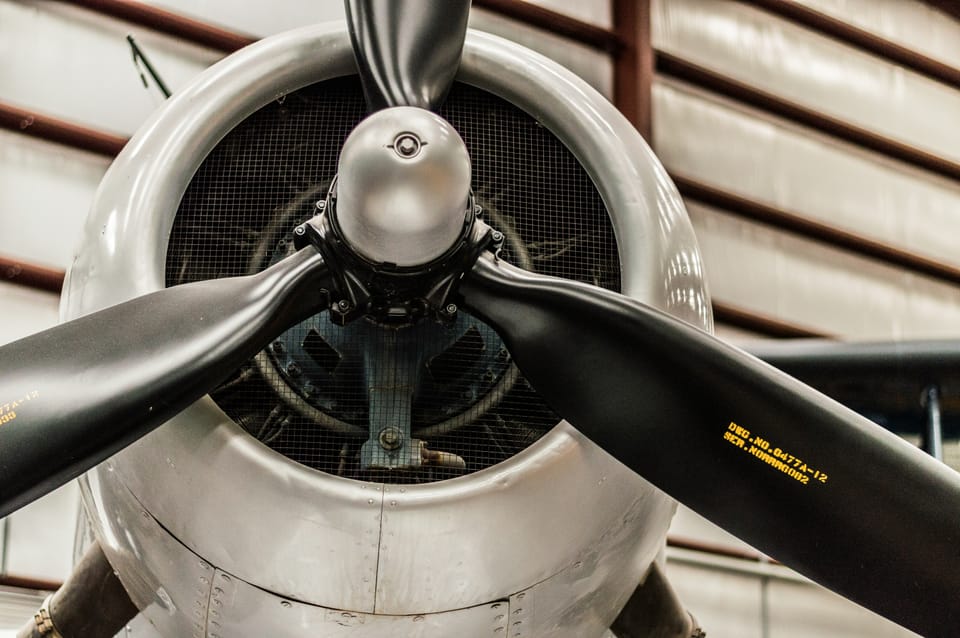Buyers alliance commits US$200 million to scale up sustainable aviation fuel

The Sustainable Aviation Buyers Alliance (SABA) has announced US$200 million worth of sustainable aviation fuel certificate purchase agreements aiming to support the scale-up of clean fuel technologies.
The collection of deals will see companies including AstraZeneca, Autodesk, Bain & Company, BCG, Deloitte, JPMorgan Chase, Live Nation, McKinsey, Meta, Morgan Stanley, Netflix, Novo Nordisk, Samsung Biologics, Watershed and Workday buy the equivalent of about 50 million gallons of sustainable aviation fuel (SAF) in the form of certificates over the next five years.
SAF certificates (SAFc) decouple the environmental benefits of sustainable aviation fuel from its physical volume (one metric tonne per unit), allowing companies to claim emissions reductions even if they do not have direct access to SAF. This mechanism was developed to signal demand for SAF, helping providers to scale production.
SAF equivalent to 3,000 flights from New York to London
With the purchase agreements announced this week by SABA, member companies will be able to claim roughly 500,000 tonnes of abated CO2e – equivalent to the emissions of 3,000 fully loaded passenger flights from New York City to London.
The multi-year deal involves nearly 20 corporate customers, four SAF providers (including SkyNRG, Twelve and World Energy) and three airlines (Alaska Air, JetBlue, and Southwest) – many of which are new to SAFc usage – to leverage the power of collective procurement in supporting the development of a decarbonised aviation sector.
“This SABA procurement shows the power of prominent global companies demanding high-integrity sustainable aviation fuels. High-integrity sustainable aviation fuels are available right now, and we must work to rapidly scale their production to decarbonise air travel,” said Elizabeth Sturcken, managing director at Environmental Defense Fund, a SABA co-founder. “The Sustainable Aviation Buyers Alliance plays a critical role in helping companies identify and purchase the highest-integrity sustainable aviation fuels to accelerate progress toward net-zero goals.”
For most of the corporations included in the deal, this isn’t the first SAF investment: BCG, for example, considers this a material area where it can move the needle not just for itself, but for most of its large clients, as Chief Sustainability Officer David Webb told CSO Futures in a January interview.
Speaking about the SAFc agreement, he explained: “As we continue to optimise our business travel emissions, we recognise the crucial role that lower carbon air travel plays in meeting global climate targets. The sustainable aviation fuel industry is rapidly evolving, and we are enthusiastic about its potential to scale and support a more sustainable, global economy.”
A raft of recent sustainable aviation fuel deals
SAF is a fuel made with renewable or waste feedstocks that can be used in today’s aircraft without needing to upgrade existing fleets and infrastructure, and can reduce carbon emissions from flights by about 80%. Today, it still makes up less than 0.5% of global jet fuel supply and is much more expensive than conventional fuel, but a raft of recent deals suggest its development is accelerating.
Airline Jet2.com will begin using SAF for flights leaving from Briston and London Stansted airport this year; while Boeing just made its largest purchase of blended jet fuel from Neste to date (consisting of 30% SAF and 70% conventional fuel), with 7.5 million gallons to be delivered in 2024.
This follows a similar deal between Neste and Air New Zealand, for the supply of 2.4 million gallons of blended fuel at Los Angeles Airport this year. Meanwhile, European airline Wizz Air also announced last week that it plans to power 10% of its flights with SAF by 2030.







Member discussion